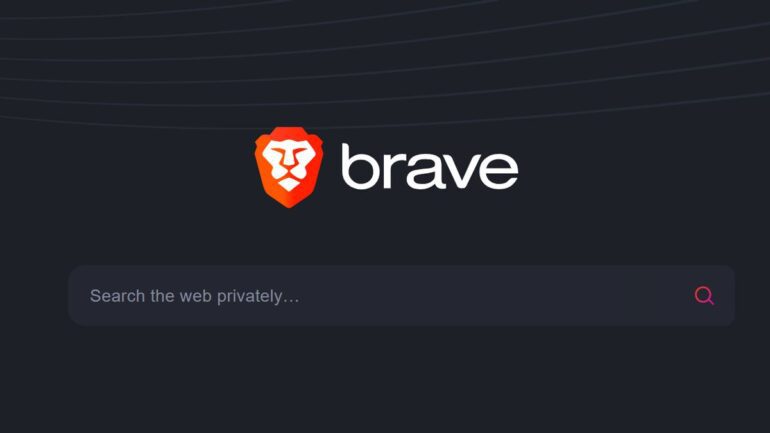- Brave introduces a pioneering strategy for ensuring privacy in AI machine learning model training.
- The proposal aims to prevent leakage of sensitive data regarding companies contributing to model training.
- Developed in collaboration with renowned institutions, the framework called Confidential-DPproof promises verifiable private training.
- It addresses concerns surrounding unintentional data leaks and malicious privacy breaches.
- The proposal will be presented at an upcoming conference and is already available as an open-source implementation.
Main AI News:
Brave, the creators of a popular web browser, have unveiled a groundbreaking strategy aimed at ensuring the privacy of AI machine learning model training processes. The essence of their proposal lies in preventing the leakage of sensitive information regarding the companies whose data contributes to the training of these models.
Ali Shahin Shamsabadi, a privacy researcher at Brave, elucidates, “Machine learning models trained on clients’ data without any guarantees of privacy can leak sensitive information about clients.” This leakage of data poses significant risks, particularly in sectors like advertising, where the goal is to discern general patterns without compromising individual privacy.
Indeed, the failure to uphold privacy standards in machine learning training has led to widespread skepticism and apprehension among corporations, highlighting a critical obstacle in the adoption of AI technologies.
Brave’s initiative, developed in collaboration with esteemed institutions such as Northwestern University and the University of Cambridge, introduces a novel framework for mitigating privacy threats during machine learning model training. This framework, termed Confidential-DPproof, promises verifiable private training, bolstering the security of training processes without divulging sensitive data or model information.
The proposal will be formally presented at the 12th International Conference on Learning Representations in Vienna in May. However, the framework is already accessible as an open-source implementation, inviting feedback and suggestions for further enhancement. This proactive approach underscores Brave’s commitment to fostering transparency and accountability in AI development.
Conclusion:
Brave’s innovative strategy signifies a significant step forward in addressing privacy concerns in AI development. By introducing a comprehensive framework for verifiable private training, they not only enhance security but also foster transparency and accountability in the market. This initiative is poised to instill confidence among corporations wary of AI adoption, potentially accelerating the pace of innovation in the field.

